 The Catcher in the Rye by J. D. Salinger (1951). After being dismissed from another prep school, Holden Caulfield—whose slangy, intimate narration defines this novel—has a series of misadventures in Manhattan before going home for Christmas. Haunted by the death of brother Allie, he wants what he cannot have—to snare the elusive Jane Gallagher, to run away with his sister Phoebe, to “catch” innocent youths before they fall into the “phony” world of adults. A timeless voice of adolescent rage and assurance, Holden may rank highest in the pantheon of antiestablishment heroes.
The Catcher in the Rye by J. D. Salinger (1951). After being dismissed from another prep school, Holden Caulfield—whose slangy, intimate narration defines this novel—has a series of misadventures in Manhattan before going home for Christmas. Haunted by the death of brother Allie, he wants what he cannot have—to snare the elusive Jane Gallagher, to run away with his sister Phoebe, to “catch” innocent youths before they fall into the “phony” world of adults. A timeless voice of adolescent rage and assurance, Holden may rank highest in the pantheon of antiestablishment heroes.
Total Points: 36 (DAJ 2) (ABrav 2) (BMC 10) (CH 8) (AH 8) (AGold 6)
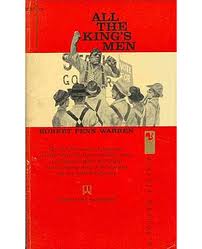 All the King’s Men
All the King’s Men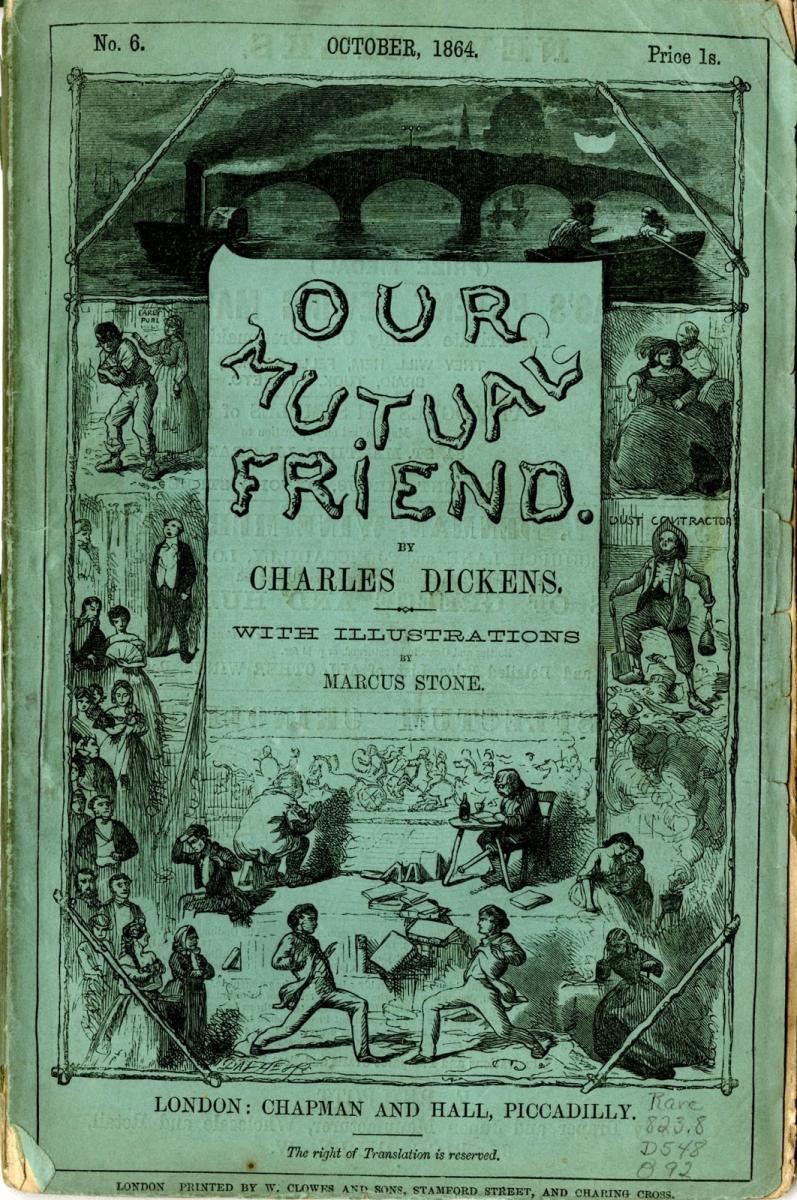 Our Mutual Friend
Our Mutual Friend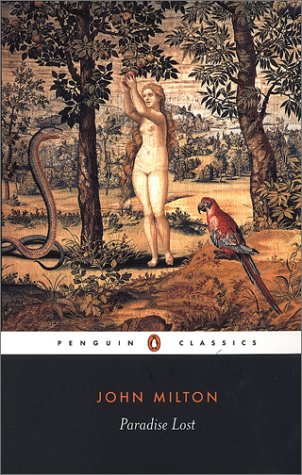 Paradise Lost
Paradise Lost Rabbit Angstrom
Rabbit Angstrom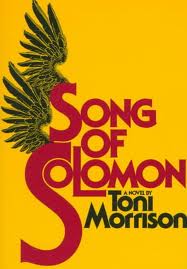 Song of Solomon
Song of Solomon The Prime of Miss Jean Brodie
The Prime of Miss Jean Brodie The Sun Also Rises
The Sun Also Rises The Scarlet Letter
The Scarlet Letter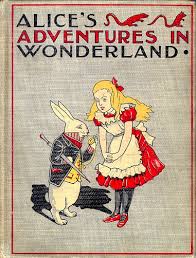 Alice’s Adventures in Wonderland
Alice’s Adventures in Wonderland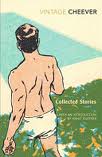 Stories of John Cheever
Stories of John Cheever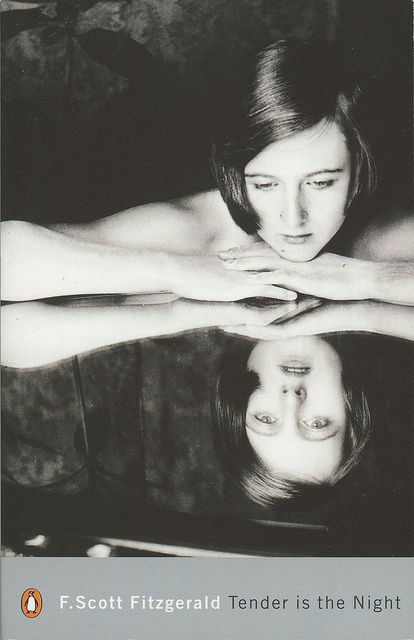 Tender Is the Night
Tender Is the Night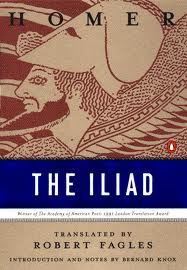 The Iliad
The Iliad Slaughterhouse-Five
Slaughterhouse-Five The Arabian Nights: Tales from a Thousand and One Nights
The Arabian Nights: Tales from a Thousand and One Nights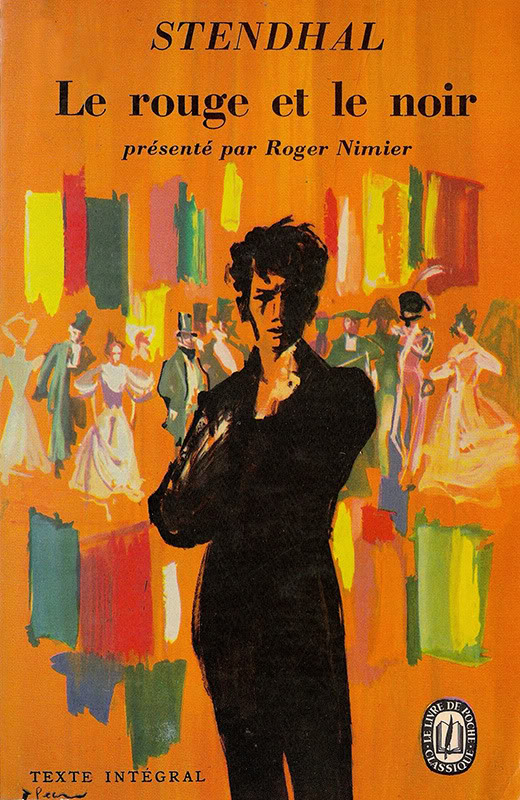 The Red and the Black
The Red and the Black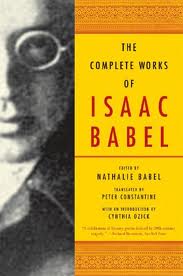 Stories of Isaac Babel
Stories of Isaac Babel Catch-22
Catch-22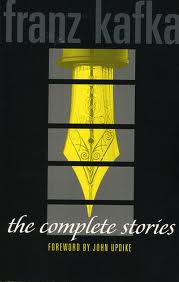 Stories of Franz Kafka
Stories of Franz Kafka The Decameron
The Decameron As I Lay Dying
As I Lay Dying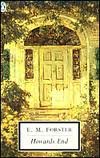 Howards End
Howards End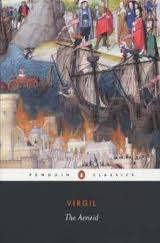 The Aeneid
The Aeneid The House of Mirth
The House of Mirth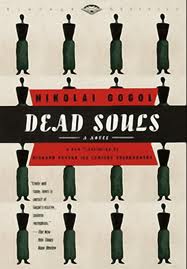 Dead Souls
Dead Souls